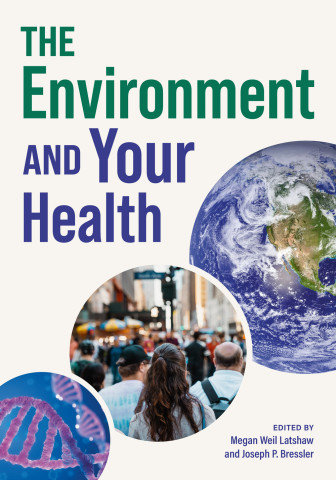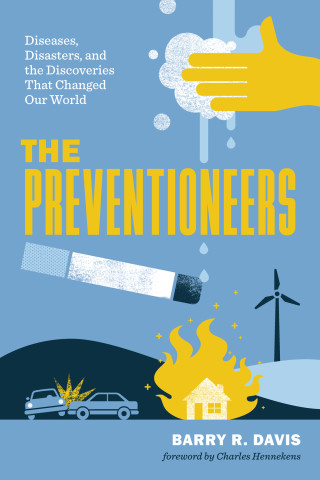
Reviews
The book should be on the reading list of all NGOs working with refugees and displaced and stateless persons....Accessible and engrossing.
Zaman highlights the difficulties faced by millions of individuals today who are forced to be refugees or displaced persons and demonstrates that providing health care to these vulnerable populations requires different, localized solutions. Brought to life by very real stories, We Wait For a Miracle was a pleasure to read and very close to my heart.
Captivating and compelling, We Wait For a Miracle narrates the stories of how displaced people around the world struggle to access health and social services and provides unique solutions for how to address this global problem.
Combining personal stories with detailed analysis, Muhammad Zaman's considered, sensitive study shines a spotlight on the disparities in health care for refugees and other displaced people, crucially bringing their voices and experiences to the fore.
In this beautiful book, Zaman pushes past statistics and stereotypes to write with complexity, urgency, and insight about health crises facing displaced people. His fast-paced narrative shows individuals in impossible situations who nonetheless construct webs of trust, compassion, and loving care that most of the world rarely sees. This is a must read.
The miracle of M. Zaman in this book is that he has made the most marginalized groups visible persons. Having read it, I can no longer claim ignorance and blindness.
This is a rare book, as moving as it is informative, a book that successfully intertwines the deeply personal stories of refugees with meticulous research and analysis. The result both informs and connects. Communities that, while separated by language or geography, find they are bonded by a common struggle. Most importantly, it illuminates a vital issue facing tens of millions of people worldwide, a first step to real, tangible change.
Book Details
List of Characters and Locations
Preface
Introduction
Chapter 1. Current Situations of Forcibly Displaced Persons
Chapter 2. The History of Forcibly Displaced Persons and Refugee Camps
Chapter 3. Models of
List of Characters and Locations
Preface
Introduction
Chapter 1. Current Situations of Forcibly Displaced Persons
Chapter 2. The History of Forcibly Displaced Persons and Refugee Camps
Chapter 3. Models of Health Care Systems
Chapter 4. Trusted Social Networks Help Navigate the System
Chapter 5. Unregulated Medical Practices and Providers
Chapter 6. Accessing Health Care via Digital Technologies
Chapter 7. Racism and Discrimination Impede Access to Health Care
Conclusion
Acknowledgments
Notes
Index






